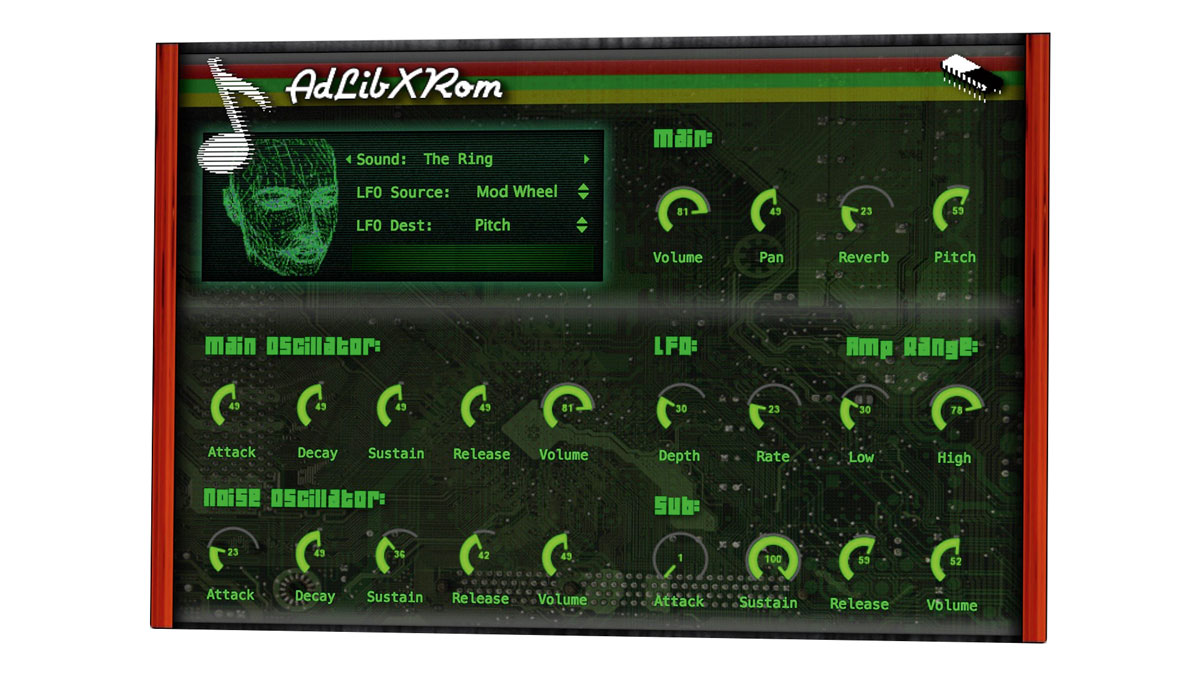MusicRadar Verdict
Cheap and cheerful it may be, in terms of both sound and design, but AdLibXRom does a solid job of bringing the YM3812 back to life for the plugin generation.
Pros
- +
Great for old-school sounds.
Cons
- -
Not for cutting-edge electronic sounds.
MusicRadar's got your back
The latest retro ROMpler from Canadian developer SampleScience emulates Yamaha's FM/additive YM3812 chip, as found in the (also Canadian) AdLib Music Synthesizer PC soundcard that became ubiquitous in the late 80s/early 90s before being seen off the field by Creative Labs' SoundBlaster series.
Clearly, this isn't a plugin to turn to for cutting-edge electronic sounds, but if you're after that characterful old PC game instrumentation, AdLibXRom is a great and very affordable way to get it.
40 multisampled presets take in everything from cheesily unrealistic piano, guitar and sax, to the intentionally synthetic likes of The Ring, Death Door and Rain Pad, and the addition of Noise and Sub oscillators provide a couple of extra layers with which to bolster them. Editable parameters include ADSR envelopes for the Main and Noise oscillators; an ASR for the Sub; LFO modulation of Pitch, Expression or (not 'and', sadly) Pan; and a rather ropey reverb.
Want all the hottest music and gear news, reviews, deals, features and more, direct to your inbox? Sign up here.
Computer Music magazine is the world’s best selling publication dedicated solely to making great music with your Mac or PC computer. Each issue it brings its lucky readers the best in cutting-edge tutorials, need-to-know, expert software reviews and even all the tools you actually need to make great music today, courtesy of our legendary CM Plugin Suite.

